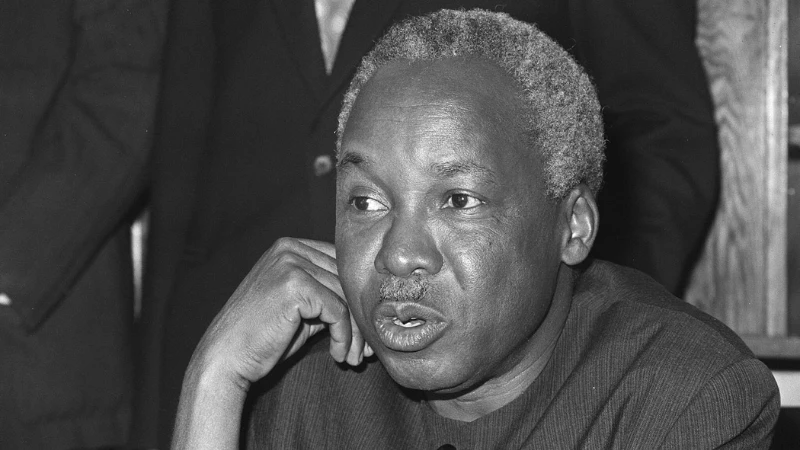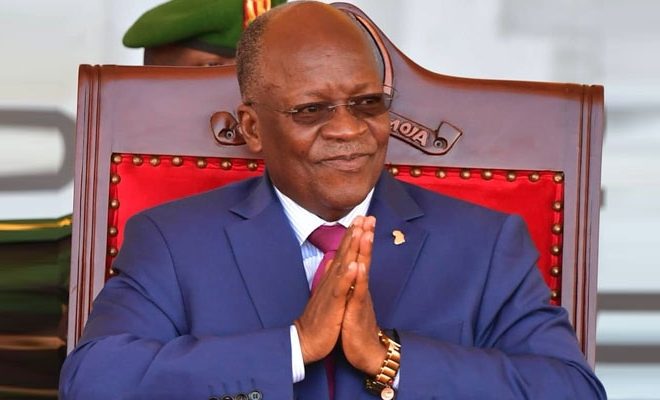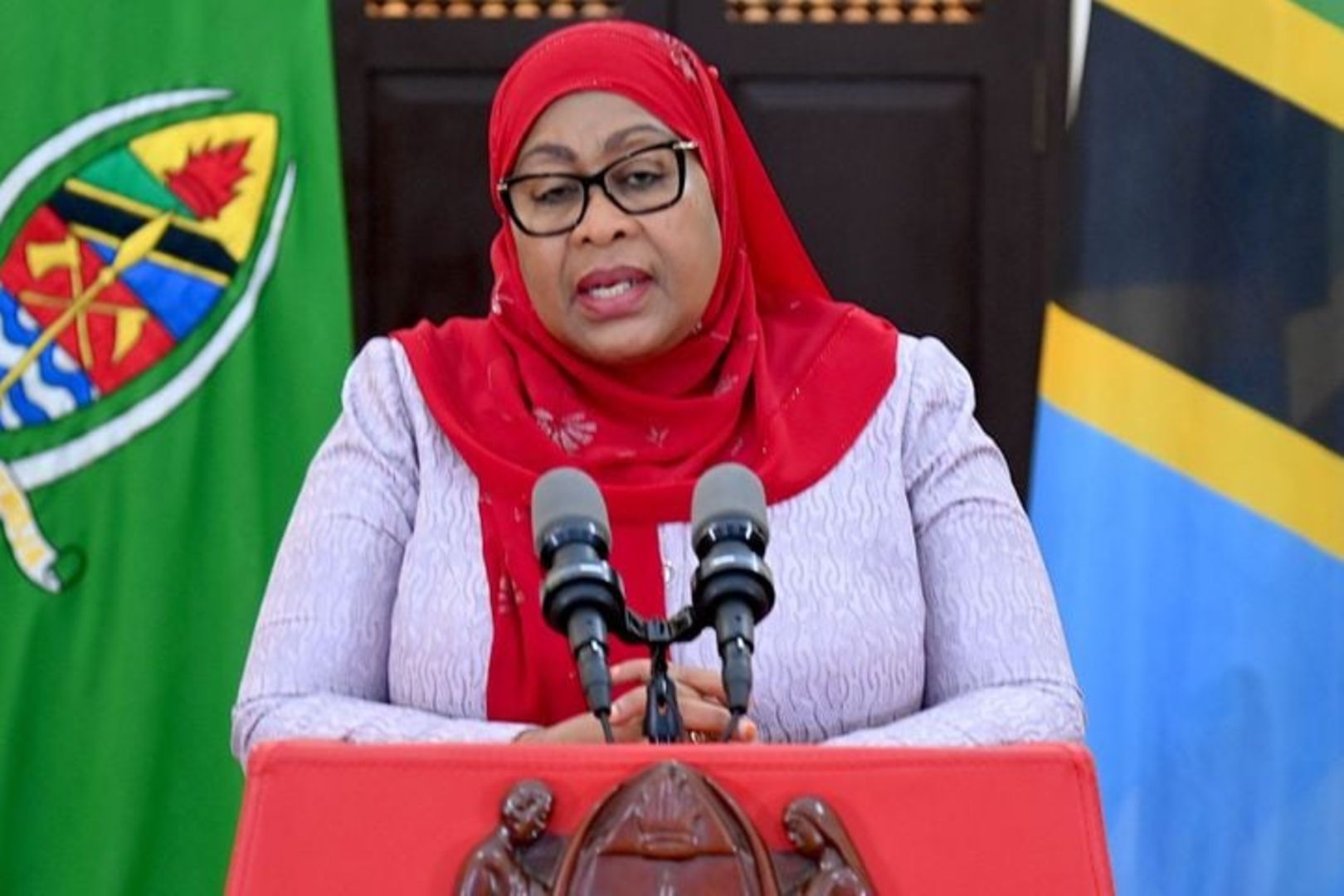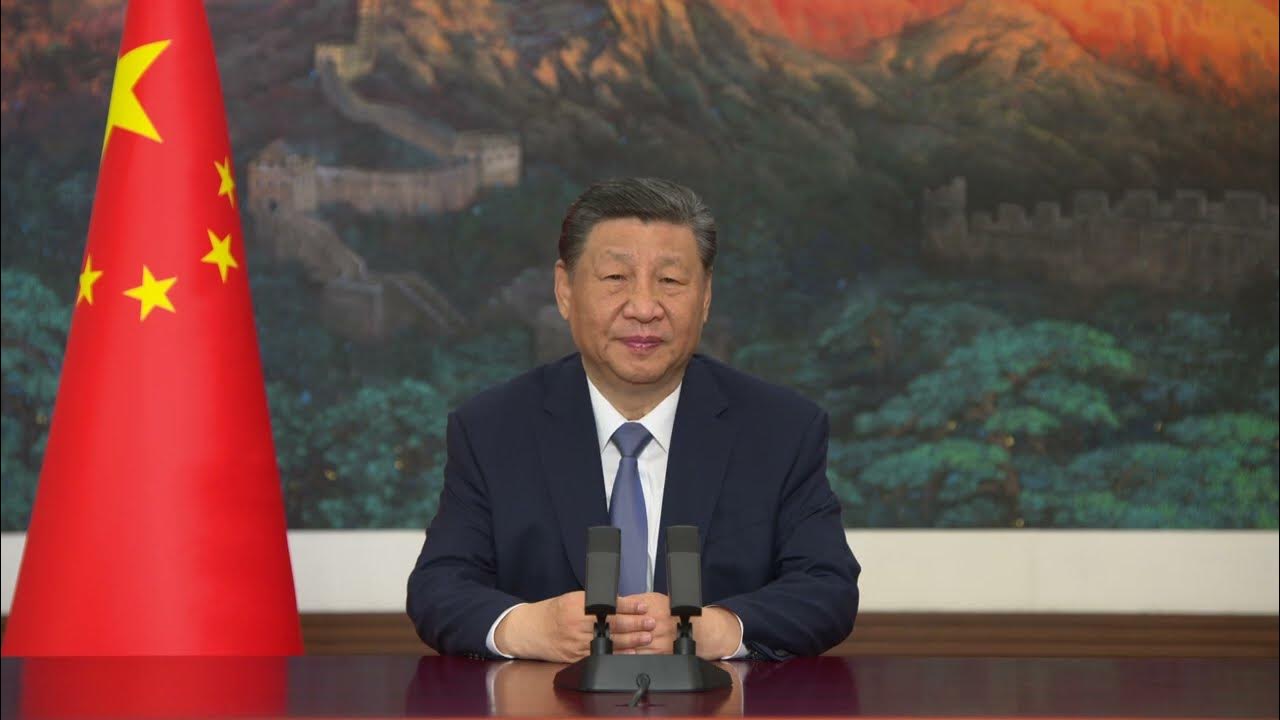China-Tanzania relations affirm Tanzania’s policy of facing East

Tanzania continues to stand out among the East African darlings of Chinese mutual relations that go beyond infrastructural development.
Chen Mingjian, the Ambassador of the People’s Republic of China to the United Republic of Tanzania, recently reaffirmed the importance of the growing co-operation and friendship as well as bilateral relations generally between the two countries.
Currently in her third year in office, the ambassador has played a primary role in influencing and strengthening the bilateral relations that are visible in many other sectors of development.
The significant cooperation between China and Tanzania has been on a roll since former Tanzanian Vice President Samia Suluhu Hassan took over the reins of power – as President – in March 2021 following the death in office of Dr John Pombe Joseph Magufuli.
Under Samia, whose current tenure has coincided with ambassador Cheng’s term (the latter’s tour of duty took effect in December 2021), the two nations have increased their trading ties significantly – with China widely believed to have become Tanzania’s largest source of foreign investments.
The scope of the two countries’ bilateral engagements in the public domain includes investments in infrastructural projects such as roads, an electric standard gauge railway transport service and ports – all deemed crucial to Tanzania’s transport development.
China has also fostered education in Tanzania by offering Tanzanian students scholarships to study in Beijing and other parts of the Far Eastern nation while facilitating programmes to market Chinese culture in Tanzania.
International relations pundits cite the visibly good relationship between President Suluhu and Ambassador Chen as the spark behind the accelerated bonding of the two countries.
Ambassador Chen’s background as Deputy Director General of the Department of External Security Affairs at the Chinese Foreign Affairs ministry in Beijing apparently places her in good stead from her home country to fast-track joint projects with Tanzania.
Many political observers in East Africa are of the view that, thus far, President Samia may not necessarily have achieved the political clout of her predecessors.

The visibility of modern development spurred by cordial political and other relations between the two nations is widely acknowledged.
But many older generation Tanzanians who grew up during the Ujamaa (or African socialism) years of founding president Mwalimu Julius Nyerere feel that China could be striking the socialism tune in a subtle way to warm itself into Tanzania’s body politic and establish a more strategic presence in the East Africa region.
It might not be obvious to the young generation, who are a majority, but there are those who feel that their understanding of socialism is being used to turn Tanzania into one of China’s strongest strategic allies in Africa.
Tanzania was modelled into a socialist state of sorts allied to the East during the over 25 years’ rule by literary scholar Mwalimu Nyerere. But long after Nyerere died (in a London hospital on October 14, 1999, aged 77), and despite his having once expressed regret at the political path he took, Tanzania’s social fabric still exudes nostalgia from Ujamaa.
Says Bradley Ouna, a law graduate from Tanzania’s own ‘flagship’ University of Dar es Salaam: “Ujamaa was tenderly asserted but kind of forceful in making Tanzanians live together and work interdependently, which helped subdue tribalism, though at a high economic cost caused by sluggish production and no business competition.

The scholar argues that China is basically, but subtly, counting on the factor of the same structures of the governance of yesteryear, like there being no difference between state and ruling party in Tanzania and China, to implant its model in Dar es Salaam.
As for Tanzanian lawyer Mutatina Oswald, Chinese investments show the good side – like creating a lot of employment opportunities for Tanzanians in Dar es Salaam’s Kariakoo central business district market zone, where a lot of factories have been set up.
Oswald further notes: “Though I can’t say for sure that it is the Chinese who are running the (Tanzanian) economy, they (the Chinese) are huge contributors in technologies, infrastructure and business. What we don’t like is maybe seeming them want to have a footprint in every strategic sector, which will apparently see Tanzanians repaying huge loans.”

Another diplomatic source says China’s presence is often accompanied by significant economic investments. However, while this is beneficial, it could also have other impacts.
Diplomatic observers say – and there is little news in this – that only time will tell how deep the political, economic and other links between China and Tanzania will go in the years and decades ahead.
For most, though, there will be hardly any major change in direction or intensity with the ruling CCM as strong, vibrant and popular as it has long been.
• Abdul Hassan is an international studies scholar who regularly comments on diplomatic relations.
Top Headlines
© 2024 IPPMEDIA.COM. ALL RIGHTS RESERVED

























